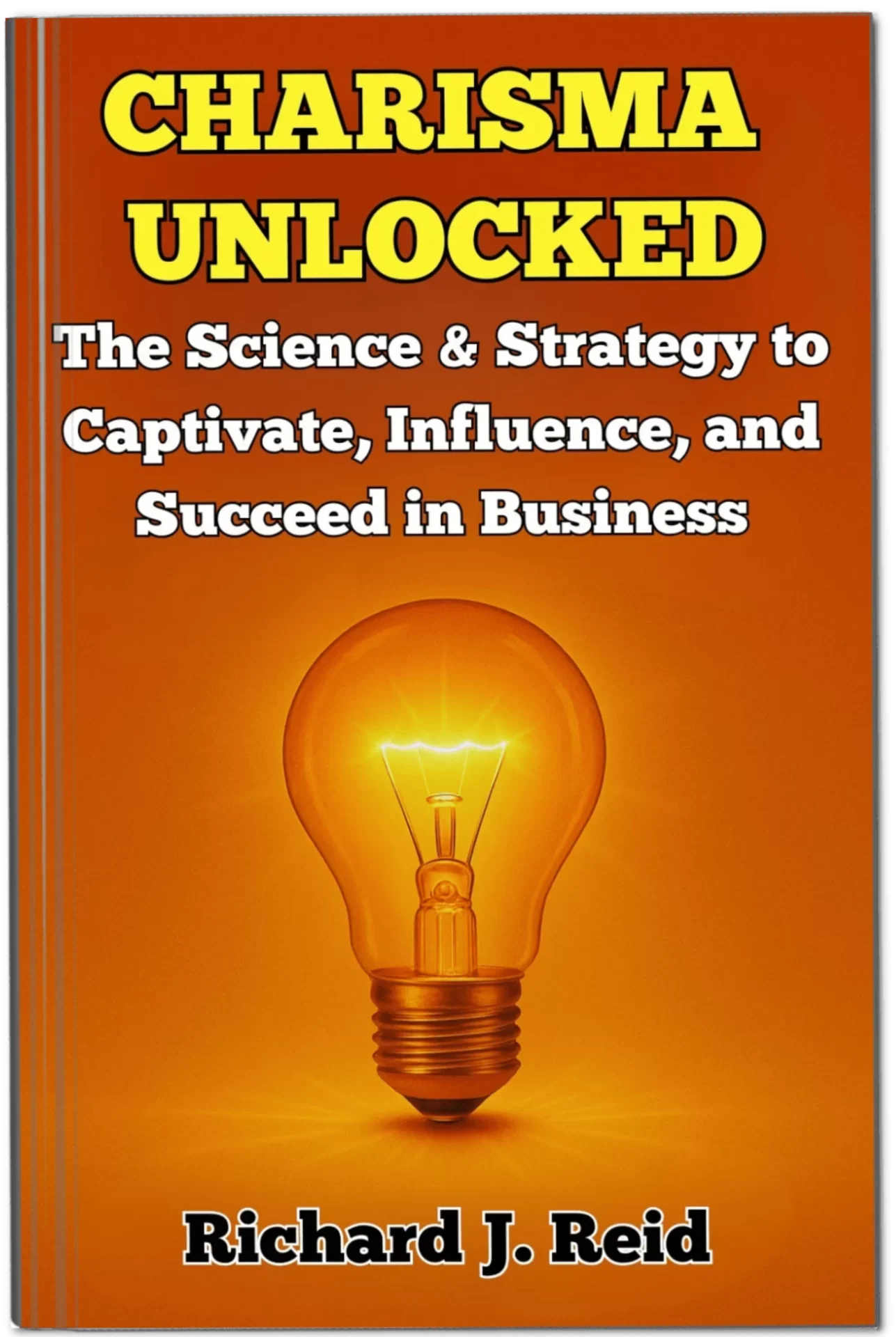Your cart
- No products in the cart.
Total:
£0.00
Premium Online Therapy & Coaching Services
Home » Expertise » Eating disorder therapy » Emotional eating disorder therapy and counselling
Eating disorders are negative attitudes towards food, severe enough to change the person’s eating habits. Someone suffering from an eating disorder may develop an obsessive habit of monitoring their weight and body shape which may cause damage to their health. Eating disorders can also take the form of emotional eating, binge eating, food addiction, food aversion, and overeating.
The most common eating disorders are bulimia and anorexia. Bulimia is when a person attempts to control their weight by inducing vomiting after binge eating. Anorexia is when a person attempts to maintain a very low weight. This is achieved through lack of eating or over-exercising.
Many of us enjoy food as a reward or a pick-me-up from time to time. This is a normal and a natural part of life when used to cope with and manage emotions. However, when this becomes the main coping strategy it can quickly become out of control.
Our trained therapists help you take control of your emotional eating disorders in a safe environment where you can be yourself. We’ll use talking therapies in treating emotional eating disorders such as Eye Movement Desensitisation and Reprocessing (EMDR and Cognitive Behavioural Therapy (CBT).
Whatever your situation, we’ll tailor your sessions to suit your needs and will work with you on an individual basis or in emotional eating group therapy sessions. While recovery from eating disorders is a slow process, we’ll use EMDR and CBT to help you come to terms with your situation, set goals and receive positive outcomes.
EMDR is highly effective for trauma but has since been found to have far reaching applications for many different types of disorders. EMDR helps us work with people and treat them without needing to discuss any of the specifics.
In an EMDR therapy session, we’ll stimulate both the left and right sides of your brain using a range of techniques including hand movements, alternating lights or vibrating sensors, while the client recalls the event which is the cause of the anxiety. This helps the brain make sense of these events, reprocessing the memory and releasing the negative emotions and associations of it.
CBT is particularly effective in treating emotional eating disorders, looking at the relationship between your thoughts and feelings, and how they make you ‘default’ to certain behaviours. It’s seen as a different kind of ‘talking therapy’ that aims to solve a person’s current problems.
This method also helps you become your own therapist where you can use the skills you have learned. By using CBT, we can help make you aware of what your own defaults are, recognising the different responses for what they are.









Are you looking to make a lasting impression in social situations? Do you struggle to connect with others or feel your presence is often overlooked? Unlock your true potential with Charisma Unlocked.
If you feel your ability to communicate or influence is holding you back, this book provides the tools to transform your social skills. With Richard’s expert guidance and proven strategies, you’ll discover how to harness the power of charisma in everyday interactions.
By mastering techniques such as active listening, body language control, and authentic self-expression, you’ll gain the confidence to connect with others and make a powerful impact in both your personal and professional life. Take the first step toward unlocking the magnetic presence within you.
If you’re still unsure whether you need us or not then simply send us any questions you may have via the enquiry form on the right.
Search for an area of expertise:




